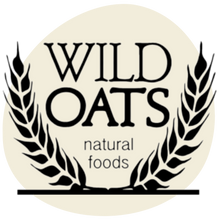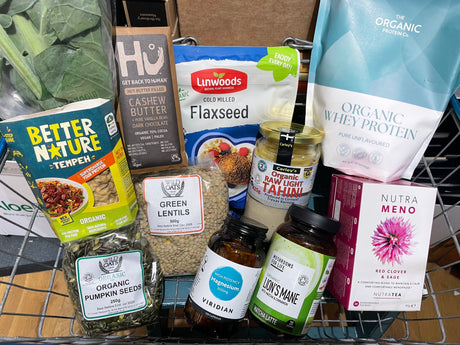Whether you’re switching from dairy milk or you’ve never drank a drop of it in your life, there’s no denying cow’s milk is really easy to get hold of. There are loads of vegan milk alternatives out there, each with its own unique taste, texture and nutritional profile. Many brands have really upped the ante by offering barista-style vegan milks that make the perfect coffee.
But really, the best choice depends on your personal preferences and dietary needs.
Vegan milk alternatives
Almond Milk
Pros: Low in calories, a good source of vitamin E.
Cons: May not be suitable for those with nut allergies.
Soy Milk
Pros: Comparable protein content to cow's milk, often fortified with vitamins and minerals.
Cons: Some people dislike the bean-like taste.
Oat Milk
Pros: Creamy texture, naturally sweet, and a good source of fibre.
Cons: May not be suitable for those with gluten sensitivity.
Coconut Milk
Pros: Creamy texture, rich flavour, and high in healthy fats.
Cons: Higher in saturated fat, so it's best consumed in moderation.
Rice Milk
Pros: Hypoallergenic, suitable for those with nut or soy allergies.
Cons: Lower in protein compared to other alternatives.
Cashew Milk
Pros: Creamy texture, mild taste, and a good source of healthy fats.
Cons: May not be suitable for those with nut allergies.
Hemp Milk
Pros: Contains omega-3 fatty acids and is a good source of protein.
Cons: May have a slightly earthy taste.
Pea Milk
Pros: High in protein, often fortified with essential nutrients.
Cons: Some people find the taste less appealing.
Choosing a vegan milk alternative
When it comes to choosing a vegan milk alternative, you need to consider its taste, nutritional content, and how well it works in your favourite recipes. It's also essential to check labels for added sugars and other additives because many vegan milks have got a bad reputation for adding unnecessary ingredients. Plenish published a blog on 6 ingredients you should avoid in plant-based milks to help you distinguish the good from the bad.
On the plus side, some plant-based milks are fortified with vitamins and minerals like vitamin D and calcium. Take time to experiment with different milks to find the one you like best. You may find one milk alternative works better in your cooking and another tastes better in your morning coffee.



